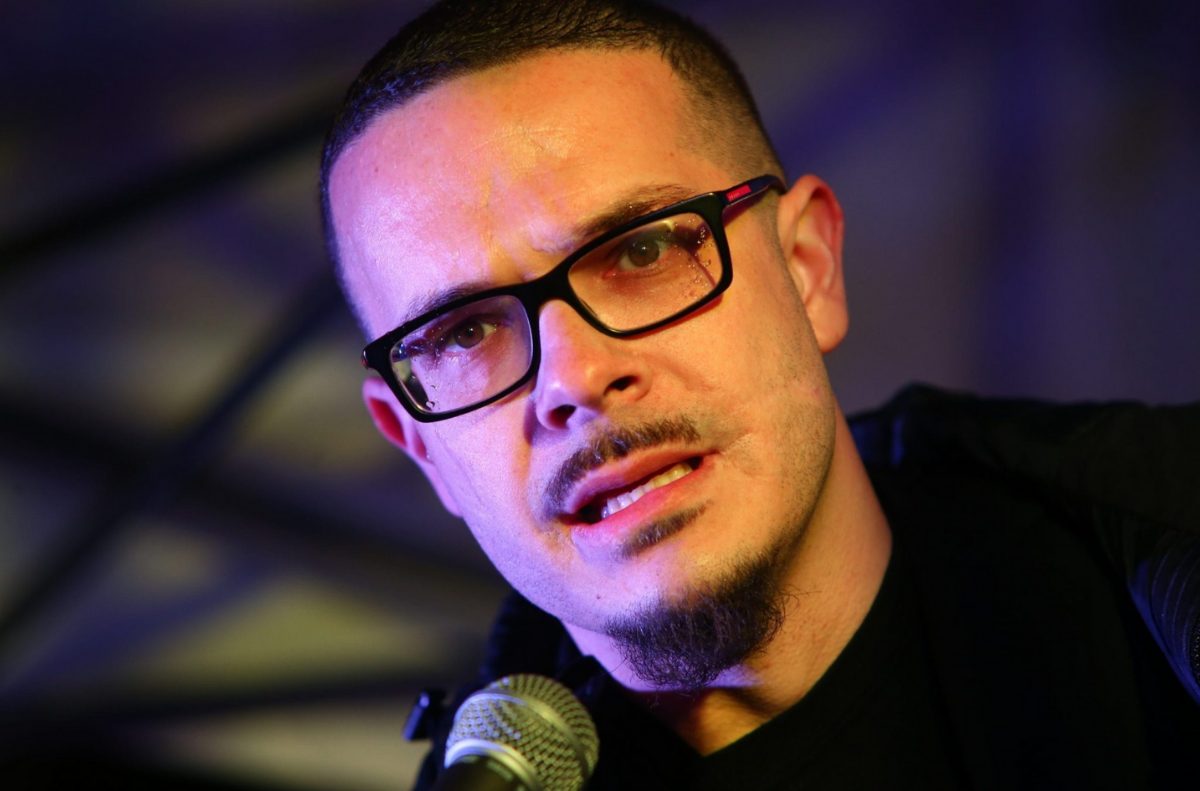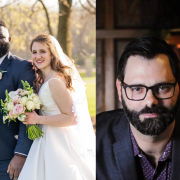Blackness was once considered a curse, now it’s considered a commodity.
Just as intellectuals from decades and centuries ago created white supremacy to label black skin a curse, many intellectuals today have created critical race theory to label black skin a commodity.
For that reason, blackness has become one of the most valuable items on the market. Increasingly, some white people—particularly white people who embrace critical race theory—seemingly yearn to become allies with or members of the supposed Black American community.
Social justice activists and leftist politicians tend to identify with blackness to profit their agenda. However, some white social justice advocates are not merely identifying with black people—they’re identifying as black.
Last week, a college student named CV Vitolo-Haddad at the University of Wisconsin-Madison admitted to lying about her ethnicity. Vitolo-Haddad is white, but she deceived others into thinking she’s black. In a written apology earlier this month, she said, “I have let guesses about my ancestry become answers I wanted but couldn’t prove.”
Interestingly, Vitolo-Haddad was the co-president of the Racial Justice Committee at her university. And that’s consistent with recent cases of white people falsely claiming they’re black.
Earlier this month, a history professor named Jessica Krug at George Washington University also admitted she was white after lying about being black her entire career. Like Vitolo-Haddad, Krug is also a social justice activist. Throughout her career, she used her reputation as an expert on African and Black American history to advocate for social justice.
And just as I’m writing this article, yet another social justice activist has admitted to lying about being black. This time, her name is Satchuel Cole, a Black Lives Matter leader in Indianapolis.
But the most well-known examples of white people who’ve claimed they’re black are Rachel Dolezal and apparently Shaun King. Rachel Dolezal was a social justice activist, a college professor of Africana studies, and a president of a National Association for the Advancement of Colored People chapter.
Shaun King, however, is one of the most popular Black Lives Matter and social justice activists today. And although legal documents and his relatives reveal he’s actually white, he claims he’s black. Many of his social justice colleagues, however, accuse him of exploiting black people and social justice for financial gain.
Still, all five individuals share two things in common: they’re white people who claim to be biracial, and they’re all advocates of critical race theory and intersectionality.
In a statement about their former colleague, Vitolo-Haddad, the University of Wisconsin-Madison’s Racial Justice Committee said, “we have unknowingly rewarded the toxic opportunism of performing Blackness.”
That toxic opportunism of performing blackness wouldn’t exist if our culture hadn’t created a philosophy that considers perceived oppression as more advantageous than privilege. Blackness has become a commodity because critical race theory and intersectionality demonize whiteness while deifying blackness.
Critical race theory has convinced many people—including black people—to find their identity in perceived oppression. And for that reason, critical race theory is creating an environment where people are tempted to exploit blackness.
If whiteness and privilege are bad, why should anyone embrace their white skin or privilege? And if blackness and perceived oppression position a person at the top of intersectional hierarchy, why wouldn’t some people pursue that identity?
Nevertheless, if critical race theorists are correct that black people are systemically oppressed, why do these five white social justice advocates desperately want to be black?

